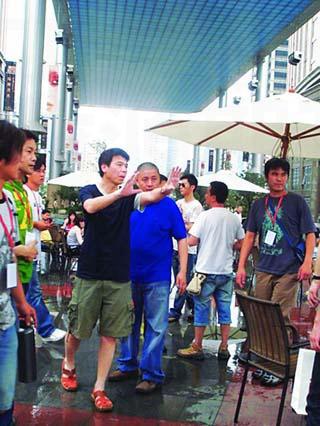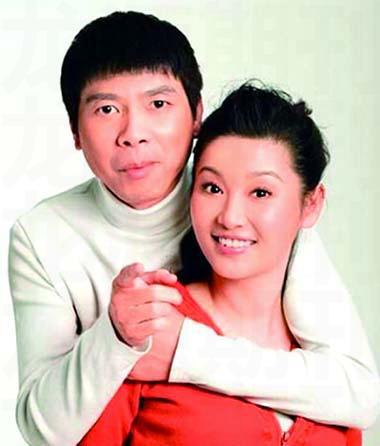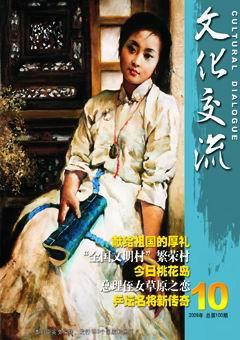Scholar Dedicates to Truth, Philosophy
By Guo Mei, Ding Yueman


Ren Jiyu (1916-2009), a prominent Chinese scholar, dedicated his life to the pursuit of truth.
In 1934, Ren Jiyu entered the Philosophy Department of Beijing University as a top student. This was his dream university and his dream major. However, his college years coincided with the chaotic years China underwent. That year, the department matriculated more than 10 students to study philosophy. Ren Jiyu was the three that stuck to the bitter end and graduated after the four-year study. He had worried about future but he persisted.
When the July 7 Incident in 1937 occurred, the faculty and students of Beijing University fled to the south. They first moved to Hunan Province and then to Yunan Province, where Beijing University, Qinghua University and Nankai University pooled their resources together and merged into Southwestern United University. Ren studied under the guidance of Qian Mu, Hu Shi, and Tao Xisheng, outstanding scholars in their separate fields during those years.
The most unforgettable experience during his college years was not those enlightening lectures and discussions in classrooms. It was a 1,300-km southward journey on foot through Hunan, Guizhou and Yunnan provinces. For two months, students and teachers trekked. They ran into gangsters in mountains in western Hunan Province. But the gangsters left them alone as they were merely poor students without cash and any weapons.
It was more than a journey through Chinas inland areas. It was a journey through the countrys history and poverty. The journey gave Ren Jiyu a full range of questions about the ancient civilization, the countrys status quo and future, its people, and himself.
In short, the trip changed his perspective about the world. In a CCTV interview on May, 19, 2006, Ren Jiyu talked about his witness to the realities of China in the 1930s. The country of those disastrous years was extremely poor. Many people were uneducated and poverty-stricken. It was true that they were unwilling to join the army, but, as soon as they realized that they were fighting a war that would decide the life or death of the nation, they fought most heroically. Ren was touched by the hidden courage, by the peoples willingness to sacrifice for the nation. The young scholar became aware of the hidden strength in the heart of the Chinese and believed it was a subject worthy of academic studies.
After associating the rural realities with his own academic pursuit in the future, he decided to shift his focus from western philosophy to Chinas traditional culture and philosophy. From then forward, he never stopped exploring the Chinese philosophy. In a memoir, the scholar wrote about his decision this way: “I decided to dedicate my life to the study of Chinese culture and philosophy. I made my mind up with gravity and solemnity. The decision gave me the right direction and goal. Moreover, it gave me a mission. I said to myself that the value and happiness of my life would lie in this objective. With this decision, he embarked upon a lifelong pursuit.”
Meanwhile he began to question the works by some Chinese scholars in the past and some foreign scholars. He concluded, “A Chinese philosopher wouldnt be able to understand the Chinese society if he failed to understand Chinas rural people and their sentiments. Nor would he be able to understand Chinas history if he failed to understand the rural people and vast rural areas.”
He asked what force underpinned the millennia-old civilization, the only one of its kind in the history, so that it did not collapse and still flourished.
He published “A Collection of Papers on Buddhist Thoughts in the Han and the Tang Dynasties” and “On the History of Chinese Philosophy”. He was the editor-in-chief of “A History of Chinese Philosophy”, “A History of the Development of Chinese Philosophy”, and “A History of Buddhism in China”. After the 1959, he turned his attention to the history of religion in China. He wrote books on this subject, explaining the importance of Confucianism, Taoism and Buddhism in the Chinese culture and history. In 1987, he worked as the director of the China National Library. During his twilight years, he worked as the editor-in-chief of a huge collection of Chinese Buddhist literature. □

